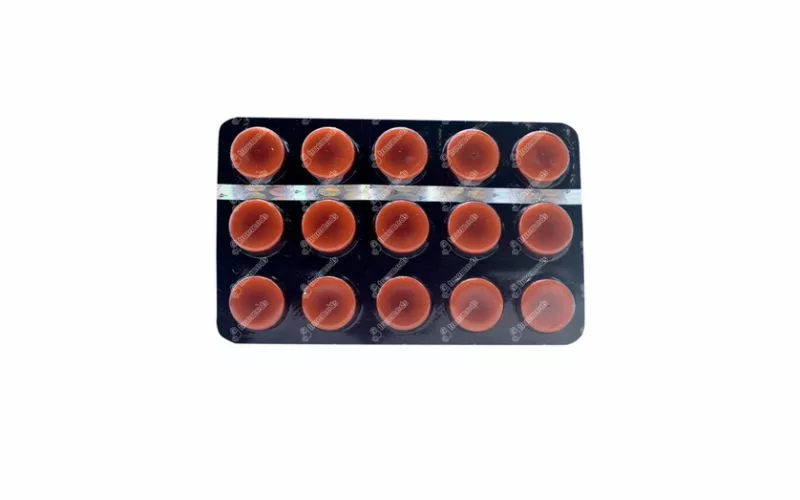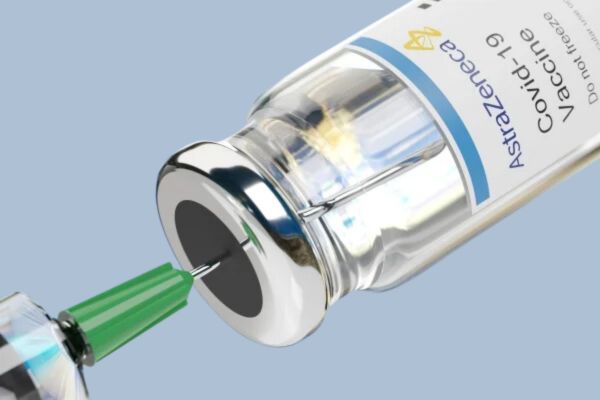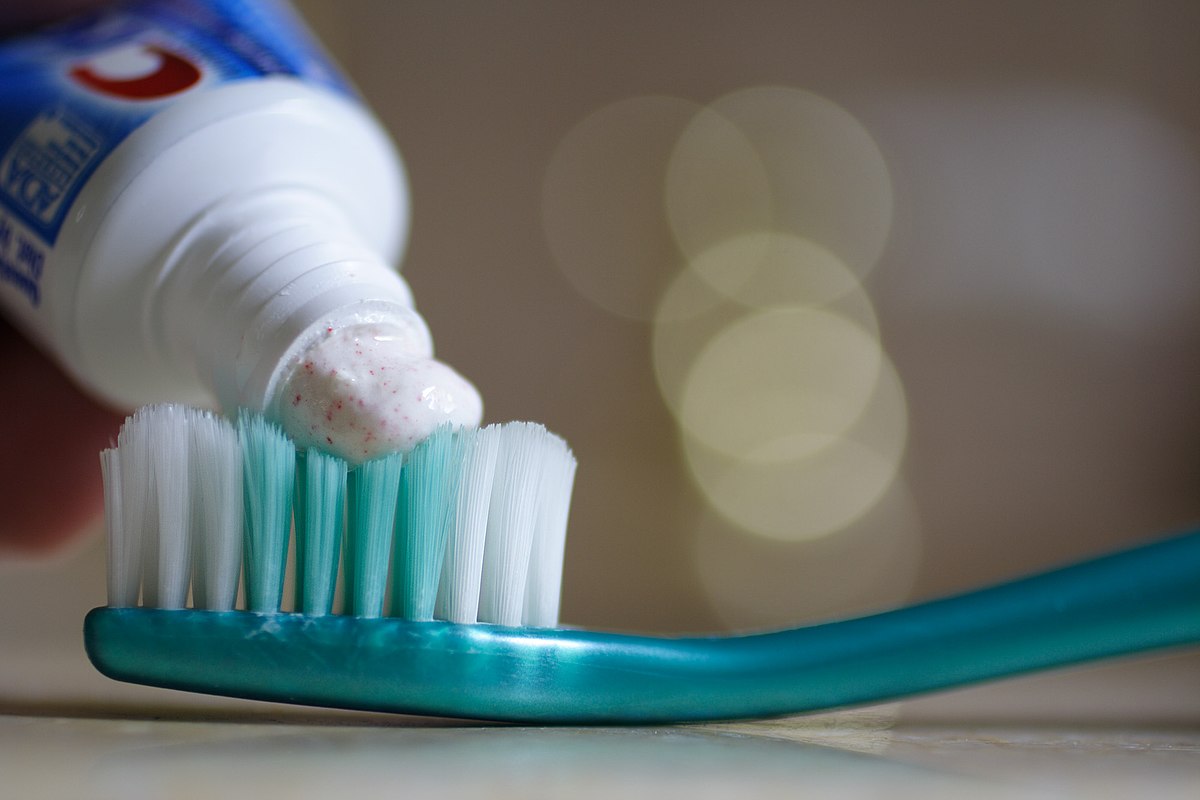What is the Recommended Dosage of Sinarest Tablets for Adults?

Sinarest Tablets are used to relieve nasal and sinus congestion. It is also used to manage various symptoms associated with respiratory issues. This tablet belongs to the group of medicines called antihistaminic, analgesic, antipyretic, decongestant, and stimulant.
It is generally safe and well tolerated when prescribed by a doctor. Some side effects may be noted with the use of this tablet, which should be timely informed to a doctor. Any allergy to this tablet, existing diseases and other ongoing medications should also be brought to the notice of your doctor before this tablet is prescribed to you.
Sinarest Tablets Uses
Sinarest Tablets is used in the following conditions:
- Relief of Nasal and Sinus Congestion: Sinarest Tablets provide effective relief from nasal and sinus congestion, making breathing easier and alleviating discomfort associated with congestion.
- Relief of Allergic Symptoms: It helps manage allergic symptoms affecting the nose or throat caused by upper respiratory tract allergies. Chlorpheniramine maleate, an antihistamine in Sinarest, combats allergic reactions.
- Relief of Sinus Pain and Headache: Sinarest relieves sinus pain and headache associated with conditions like sinusitis. The combination of ingredients addresses multiple symptoms for comprehensive relief.
- Adjunct With Antibacterials: Sinarest can be used as an adjunct with antibacterials in treating sinusitis, tonsillitis, and middle ear infections. It helps manage associated symptoms such as congestion, pain, and discomfort.
Sinarest new Tablet uses are the same as Sinarest Tablet. The new Sinarest Tablet does not contain caffeine.
Sinarest Tablets Composition
Tablet Sinarest composition includes the following:
- Paracetamol/acetaminophen (500 mg): Paracetamol is a common pain reliever and fever reducer. It helps to reduce pain and fever associated with cold symptoms.
- Phenylephrine (10 mg): Phenylephrine is a decongestant. It narrows blood vessels in the nasal passages. This action helps to relieve nasal congestion and sinus pressure.
- Chlorpheniramine Maleate (2 mg): It is an antihistamine. It provides rapid relief from symptoms like itchy-watery eyes, runny nose, and sneezing, commonly associated with respiratory allergies.
- Caffeine (30 mg): Caffeine is a mild stimulant that helps to reduce fatigue and increase alertness. It provides a slight boost of energy.
Sinarest Tablets Dosage for Adult
- Daily Dose of Sinarest Tablet: The usual recommended dose of Sinarest Tablet is 1-2 tablets thrice or four times daily. or as directed by your doctor. The dosage may change based on the severity of the condition and response to treatment. It is essential to follow the prescribed dosage and not exceed the tablet dosage without consulting your doctor.
- Excess Dose of Sinarest Tablet: Overdosing of Sinarest Tablets can cause nausea, vomiting, restlessness, nervousness, excitement, insomnia, and gastrointestinal disturbance. If you have taken excess Sinarest Tablets by accident, you must get immediate medical attention from your doctor or nearby hospital.
- Missed Dose of Sinarest Tablet: If you forgot to take Sinarest Tablet, take it as soon as you remember. If the time for the next dosage is close, skipping the missed one is recommended now and resuming your regular dosage pattern. Never increase your dosage without consulting your doctor.
Side Effects of Sinarest Tablets
Sinarest Tablet is usually well tolerated when taken in the prescribed dosage. However, some may experience side effects due to this tablet. The common side effects include:
- Fast heartbeat
- Palpitations
- Headache
- Dizziness
- Drowsiness
- Nausea
Most of the above-mentioned side effects resolve on discontinuation of the tablet and are temporary and, in the majority of cases, do not require medical attention. Taking this tablet with food can help combat the gastrointestinal side effects. Avoid engaging in activities that require alertness, such as driving or operating heavy machinery. If you experience severe or persistent side effects from this tablet, consult your doctor.
Precautions While Taking Sinarest Tablets
- If you experience a rare hypersensitivity reaction, stop using Sinarest Tablet.
- This tablet should be used with caution in breastfeeding and pregnant women.
- Do not give this tablet to your child if he/she is under 6 years of age.
- It’s best not to drive or operate machinery while taking the Sinarest Tablet.
- Make sure to mention any existing diseases and other ongoing medications should also be before this tablet is prescribed to you.
- Do not use this tablet for more than ten days without consulting your doctor.
- Since Sinarest Tablets contains Paracetamol, don’t use it along with other products containing Paracetamol.
- This tablet contains caffeine, so it is contraindicated for patients with porphyria.
Medicines to Avoid While Taking Sinarest Tablets
Avoid taking antidepressants, medications for asthma and chronic obstructive pulmonary disease (COPD), antihypertensives, reserpine and veratrum alkaloids. These medications may alter the safety and effectiveness of Sinarest Tablets.
Caution While Taking Sinarest Tablets in Other Medical Conditions
Sinarest Tablets should be used with caution if you have the following conditions:
- Kidney Dysfunction: Sinarest may be excreted through the kidneys. In individuals with impaired kidney function, dosage adjustments may be necessary to prevent the potential accumulation of this tablet.
- Liver Dysfunction: Those with liver dysfunction may require dosage adjustments or careful monitoring to avoid adverse effects due to this tablet.
- Diabetes Mellitus: Sinarest Tablet may affect blood sugar levels or interact with diabetes medications. People with diabetes should monitor their blood glucose levels closely, and adjustments to diabetes medications may be needed.
- Hyperthyroidism: Phenylephrine in Sinarest Tablet may stimulate the thyroid gland. Individuals with hyperthyroidism should use this tablet cautiously, as it may exacerbate symptoms related to thyroid activity.
- Heart Problems: Sinarest contains phenylephrine, which may elevate blood pressure and heart rate. If you have pre-existing heart conditions, hypertension, or heart issues, you must use Sinarest Tablet with caution, as it may worsen these conditions.
- Epilepsy: Chlorpheniramine in Sinarest Tablet may increase the risk of seizures in individuals with epilepsy and worsen the existing condition.
- Closed-angle Glaucoma: Phenylephrine, a decongestant in Sinarest, may cause pupil dilation and increase intraocular pressure. It should be used cautiously in individuals with closed-angle glaucoma, as it may worsen the condition
Special Dietary and Lifestyle Recommendations While Taking Sinarest Tablets
Before considering taking the Sinarest tablet, it is highly recommended that you consult with your doctor to ensure that it is safe for you to use. Although it is easily available in many of the online medical stores, seeking professional medical advice before consuming any medication is important.
- Be mindful of additional caffeine intake from other sources, as Sinarest Tablets already contain caffeine. Excessive caffeine consumption can lead to restlessness and insomnia.
- Limit or avoid alcohol consumption, as it may enhance the sedative effects of Sinarest components, especially chlorpheniramine maleate.
- Taking Sinarest with food reduces the likelihood of stomach upset associated with some of its components.
- Minimise intake of stimulants like energy drinks or certain medications to prevent overstimulation, considering the caffeine content in Sinarest.










